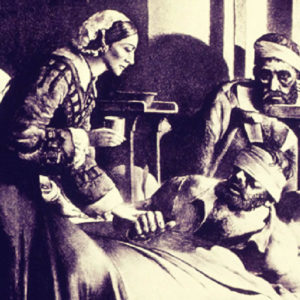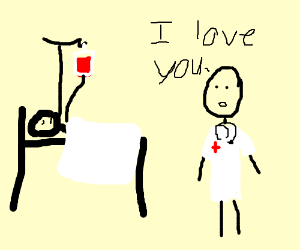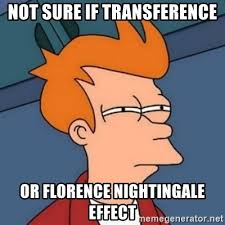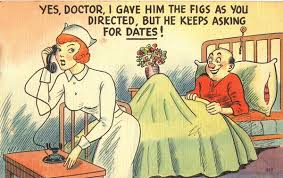Pop Culture dictionary
Florence Nightingale Effect
or Nightingale Syndrome
What does the Florence Nightingale Effect mean?
The Florence Nightingale Effect explains why caregivers sometimes develop romantic and/or sexual feelings for their patients. Also known as Nightingale Syndrome, it is sometimes used to explain why caregivers show empathy and compassion for patients, even if there aren’t any romantic or sexual overtones.
Where does Florence Nightingale Effect come from?


Although the exact origins of the phrase are unknown, many credit the movie Back to the Future, which was released in 1985. In the film, Lorraine Baines (played by Lea Thompson) develops a crush on a strange boy who she cares for after he falls from a tree in front of her house. The boy turns out to be George McFly, who Lorraine later marries. Dr. Emmett Brown (played by Christopher Lloyd) tells Lorraine and George’s son, Marty McFly, that his mom’s crush on the boy is the Florence Nightingale Effect at work.

The Florence Nightingale Effect is often misinterpreted, with people assuming it means that a patient falls in love with their caregiver. Depending on the caregiver in question, this phenomena can be called transference, although typically this word is only used when a patient develops feelings for a mental-health professional.
Examples of Florence Nightingale Effect



Who uses Florence Nightingale Effect?

Note
This is not meant to be a formal definition of Florence Nightingale Effect like most terms we define on Dictionary.com, but is rather an informal word summary that hopefully touches upon the key aspects of the meaning and usage of Florence Nightingale Effect that will help our users expand their word mastery.